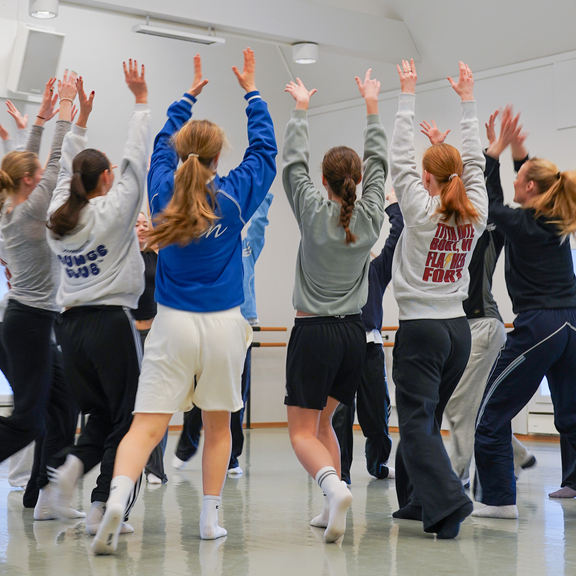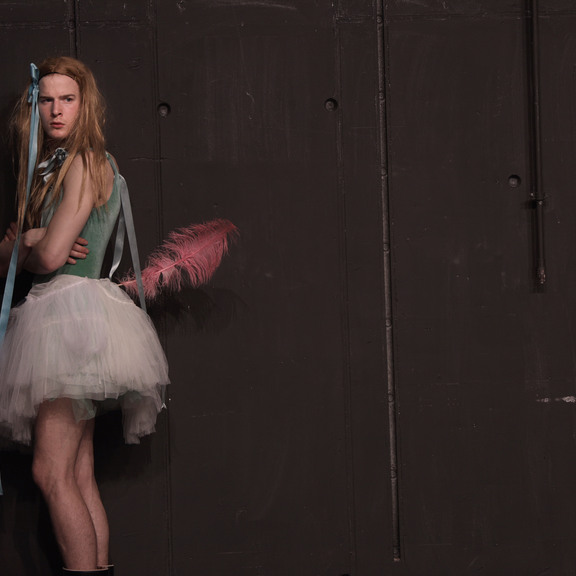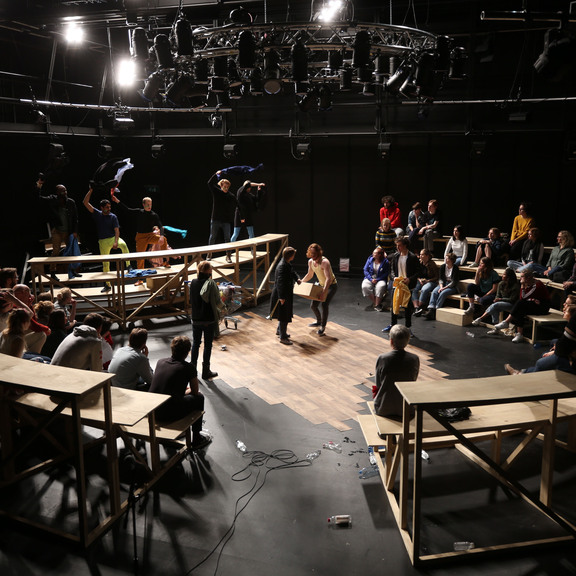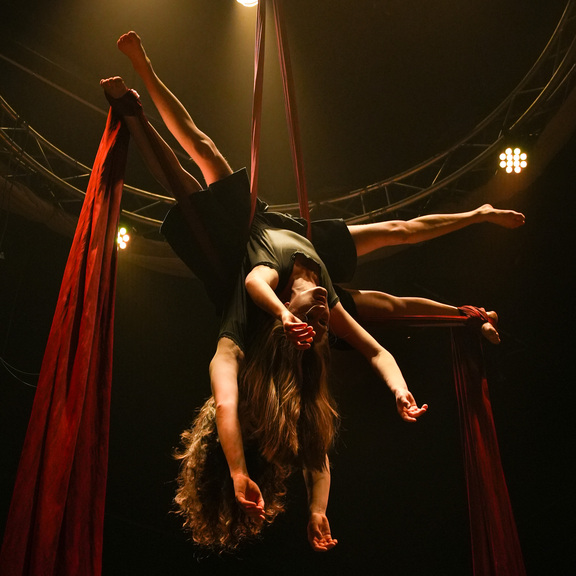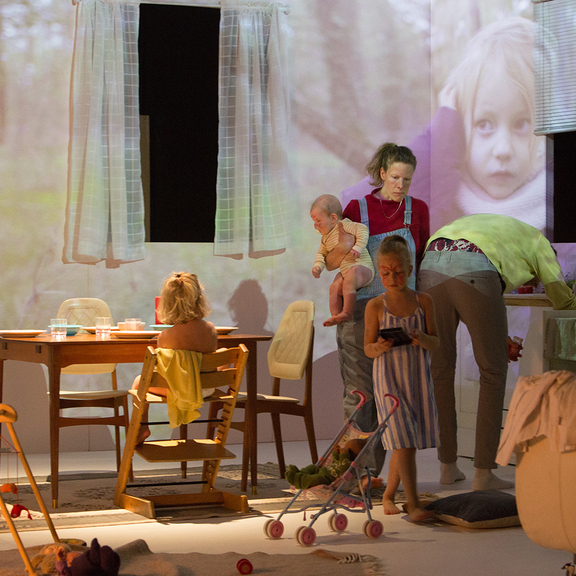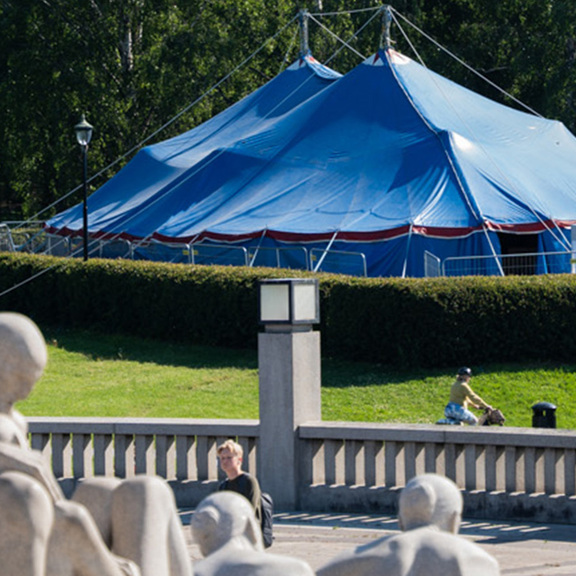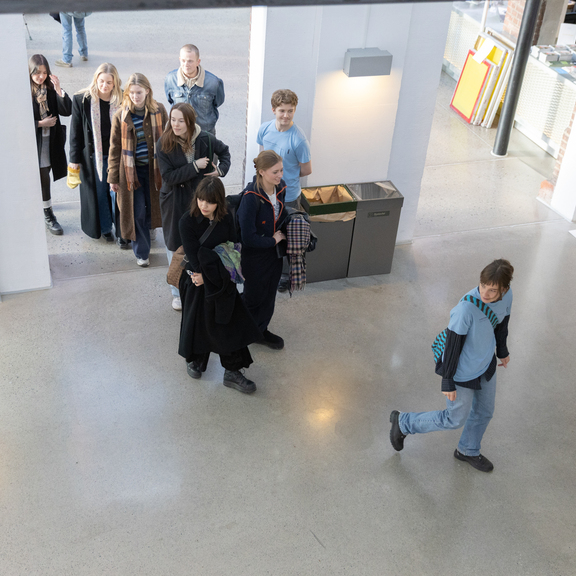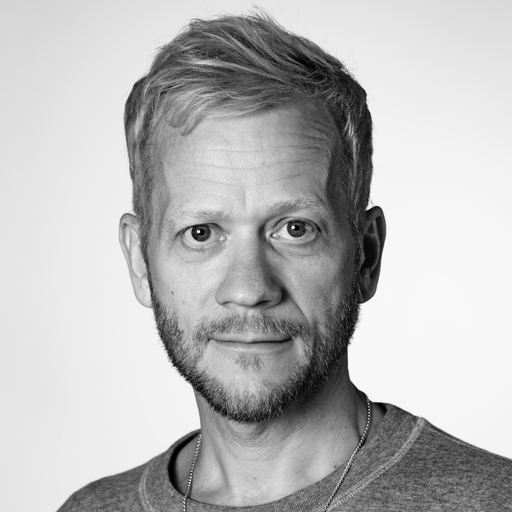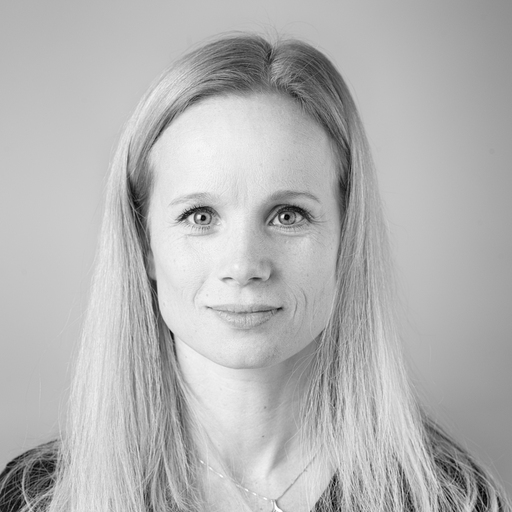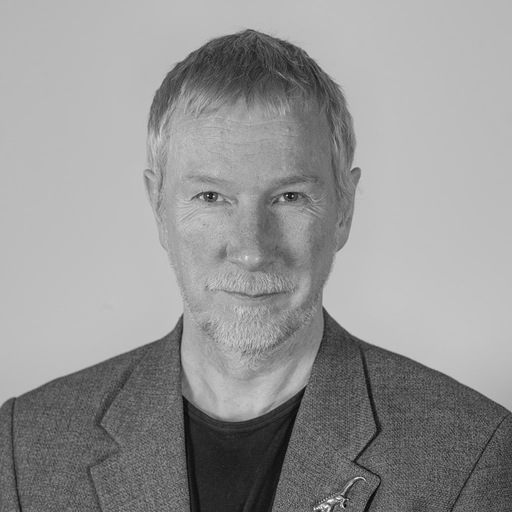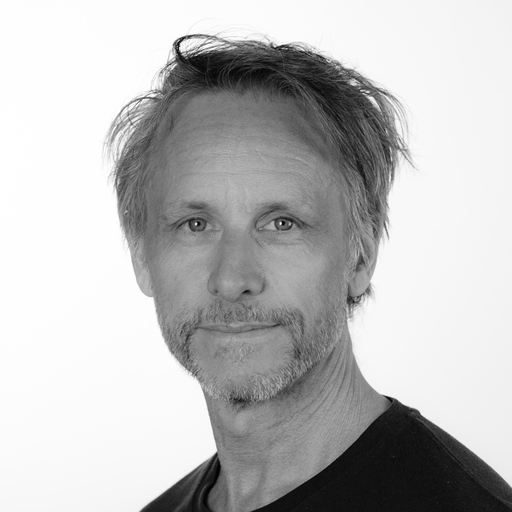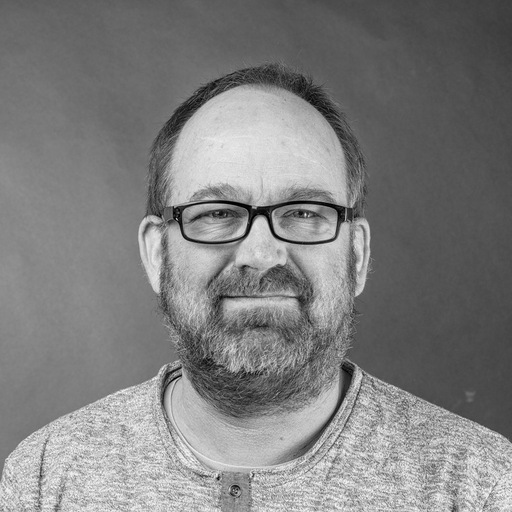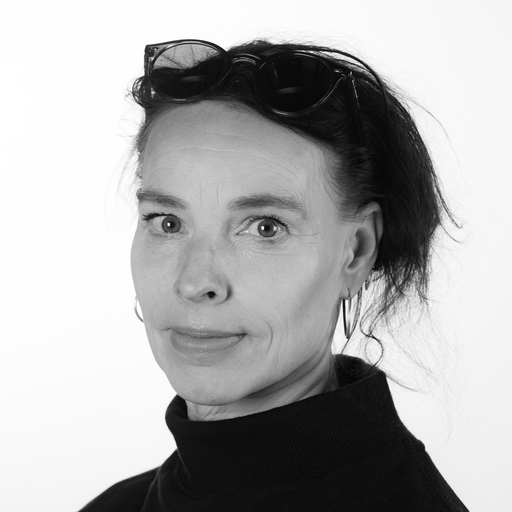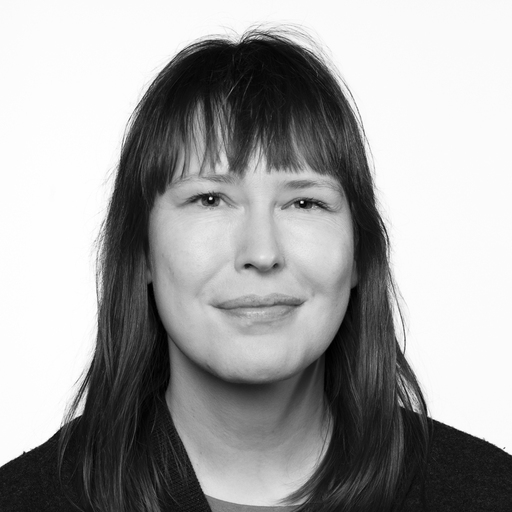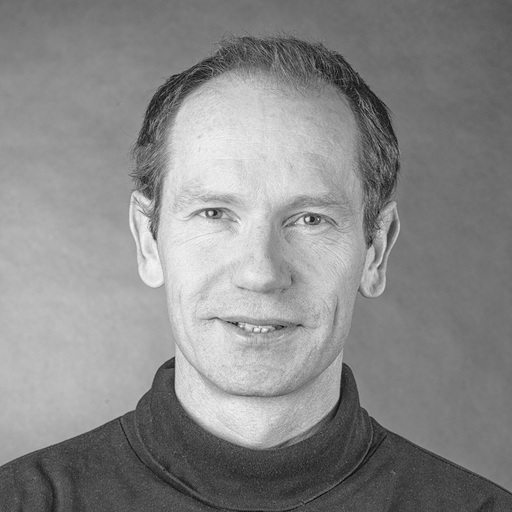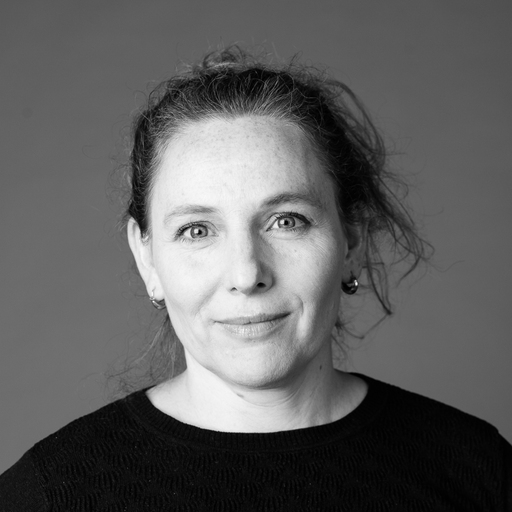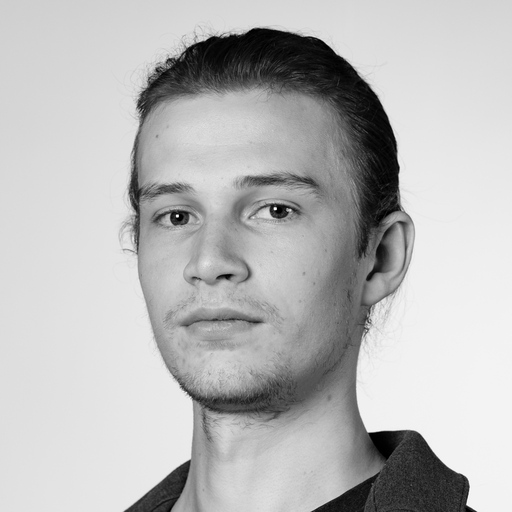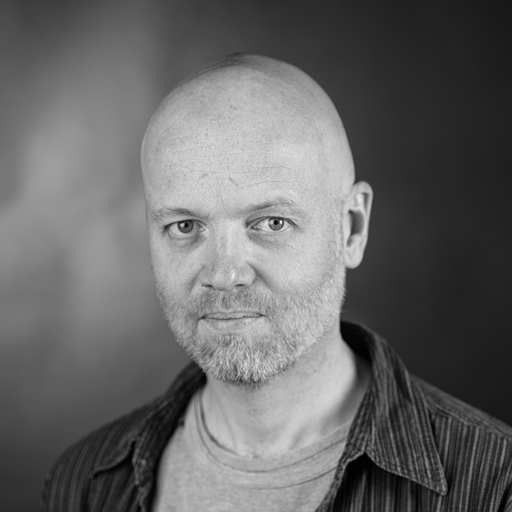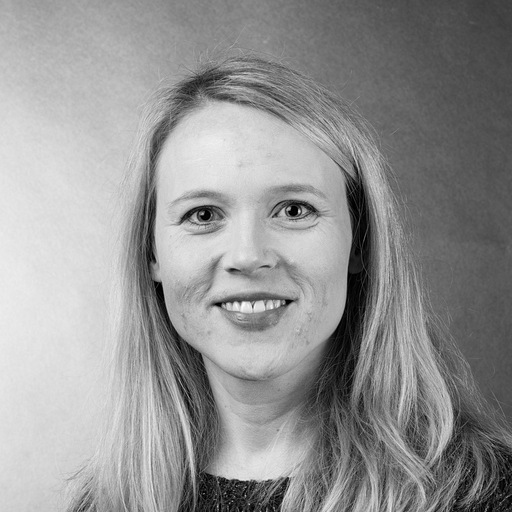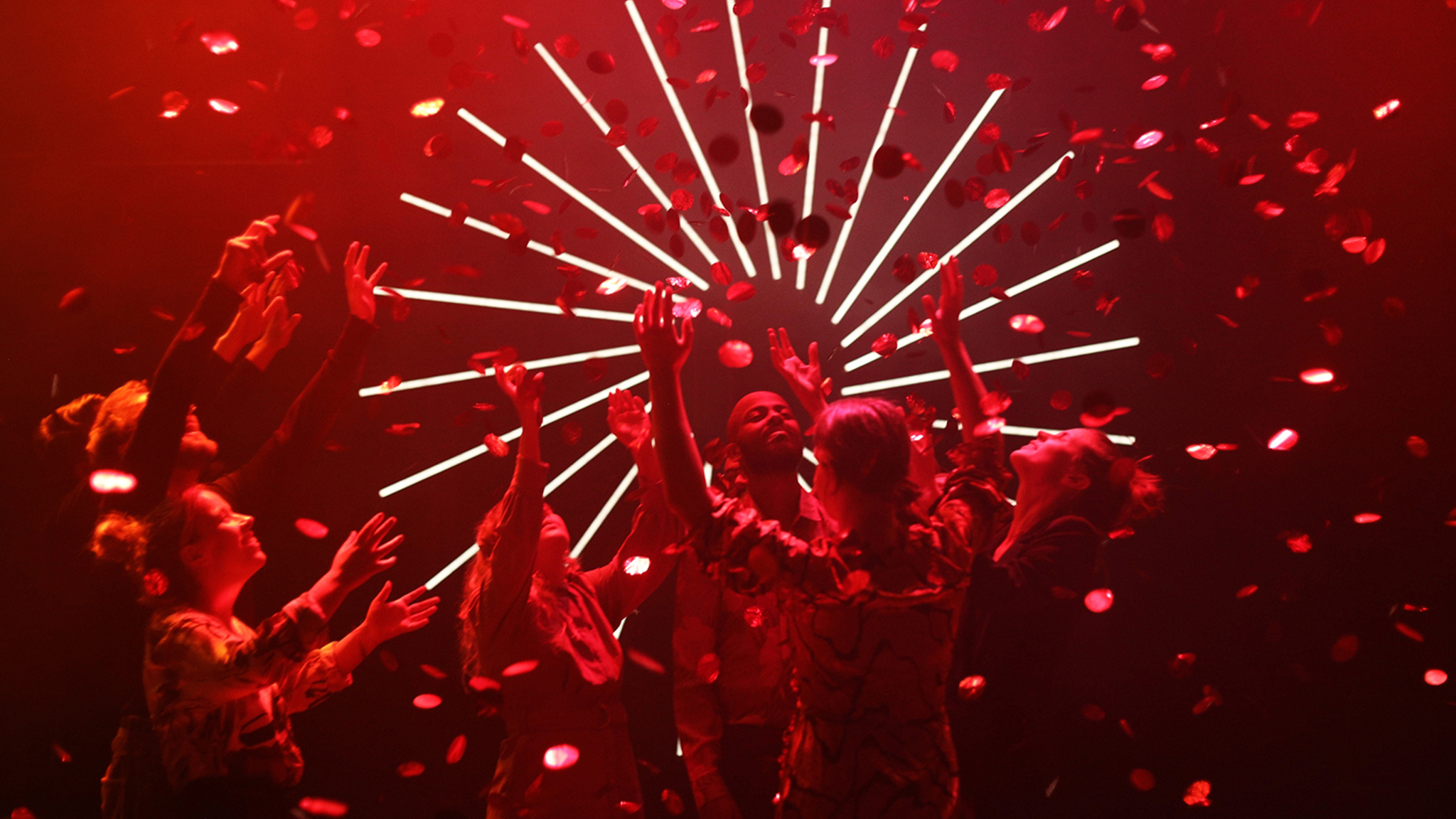

Academy of Theatre
Since its founding in 1953, the Academy of Theatre has been Norway’s leading educational institution for the acting professions. The Academy offers a three-year Bachelor’s course for actors and directors and a two-year Master’s course in theatre, specialising in acting, direction, stage writing and stage design. The department also offers a practice-oriented teacher training course (PPU) for drama teachers.
The Academy embraces both traditional and experimental techniques. Our primary goal is to help our students develop all the skills they need for a career in theatre, uniting the traditional craft that has long underpinned our great theatrical institutions with the best of the more experimental and creative techniques coming from the independent field.
The Academy offers not only a valuable vocational education, but also a first-class arts education. We aim to encourage and develop our students’ artistic abilities, giving the theatrical world not only the supply of new talent it craves, but perhaps also some fresh perspectives it doesn’t yet know that it needs.
Study programmes
Artistic research
The discipline of theatre
Artistic research at the Academy of Theatre is part of a wide-ranging and multifaceted practice both in Norway and abroad. The artistic research that takes places here, also in collaboration with other institutions of higher education and research, is often rooted in practical and hands-on theatrical projects.
At the Academy of Theatre, we explore methods and concepts that help us develop the type of actor training we offer to our students. We both examine and challenge a variety of directorial functions and approaches to the methods and models of the theatrical arts, whether historical or contemporary, hierarchical or non-hierarchical. At the Master’s and PhD levels, we oversee a systematic experimentation of the discipline’s artistic, organisational and contextual possibilities.
The Academy of Theatre places particular emphasis on studying individual and collective strategies as mutually dynamic and creative challenges. Students and staff examine and experiment with the mechanisms of co creation, explore the discipline’s boundaries with other art forms, and enact and put to the test a variety of dramaturgical starting points, focal points and parameters. Innovative decolonising strategies and critical perspectives on power also continually contextualise the history and academic foundations of our discipline.
See projects from all departments.
Projects
Events
No upcoming events.
